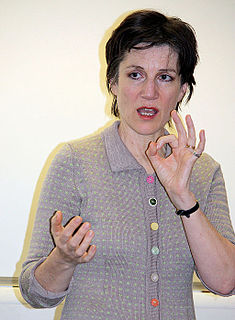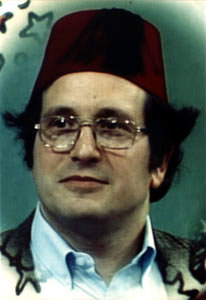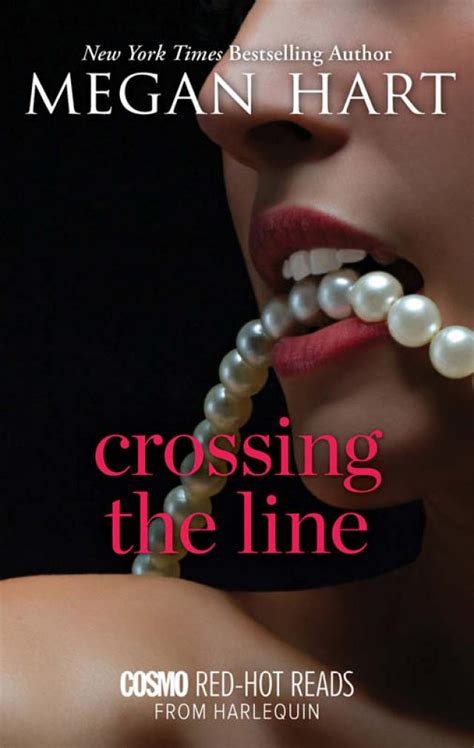A Quote by Harriet Walter
I've done a lot of Shakespeare over the years. You start to realise how the plays fit together; he's always using pieces from one and slotting them into others.
Related Quotes
I imagined Kandinsky's mind, spread out all over the world, and then gathered together. Everyone having only a piece of the puzzle. Only in a show like this could you see the complete picture, stack the pieces up, hold them to the light, see how it all fit together. It made me hopeful, like someday my life would make sense too, if I could just hold all the pieces together at the same time.
I had been in a Shakespeare company for three years and done a lot of Shakespeare. That was fun. That was interesting. It was a lot of work - anything other than Shakespeare was less work. I had a lot of interesting roles, but I don't point to them and say, "That was more interesting than that," because I don't know what the criteria are.
A lot of the pieces I've done over the years have involved alterations of scale and the idea of the viewer's relationship to the object and how we see things by either enlarging or reducing objects, it causes the viewer to look at them again. It's hard to do because our culture is so bombarded by images and media. How do you make something fresh for a viewer? That's a real challenge.
When you are a minority, it's your job to bend, and when you love someone, you really want to make it work. Then you start to realise, 'Oh, I'm bending a lot,' and they're just standing there existing, and I'm bending around them. But you can't blame them: they don't realise it; that's just how they already existed. It's hard.
You travel the world, you go see different things. I like to see Shakespeare plays, so I'll go - I mean, even if it's in a different language. I don't care, I just like Shakespeare, you know. I've seen Othello and Hamlet and Merchant of Venice over the years, and some versions are better than others. Way better. It's like hearing a bad version of a song. But then somewhere else, somebody has a great version.
Any time I put together a story collection, I don't know what it's going to look like overall - or even what the title story is going to be. Over time, I end up with a dozen or so stories, and I start to see a shape to them, how they fit together, and then I write stories that complement or extend that shape.
It honestly feels like high school or college all over again. You're comfortable; you see the game. You've seen a lot of ups and downs, a lot of good plays and bad plays. They're all in the back of your head. It's all just experience over the years. There are guys that play well as rookies, but it's hard.
Being smart in the arts is the same as being smart in engineering is the same as being smart in writing is the same as being smart in anything, really. It's the ability to manipulate all the pieces of the puzzle in your mind, try to fit them together, and when they don't fit quite right... you sand the edges/corners and make them all fit.
Sometimes when things break, you can hold them together for a while with string or glue or tape. Sometimes, nothing will hold what’s broken, and the pieces fly all over, and though you think you might be able to find them all again, one or two will always be missing. I flew apart. I broke. I shattered like a crystal vase dropped on a concrete floor, and pieces of me scattered all over. Some of them I was glad to see go. Some I never wanted to see again.


































